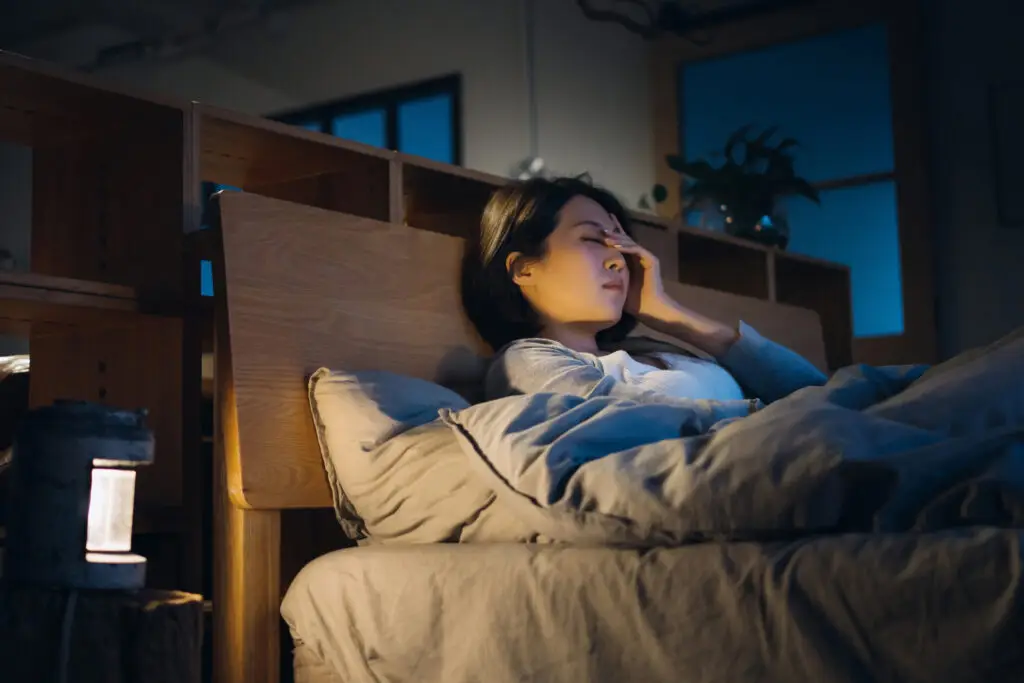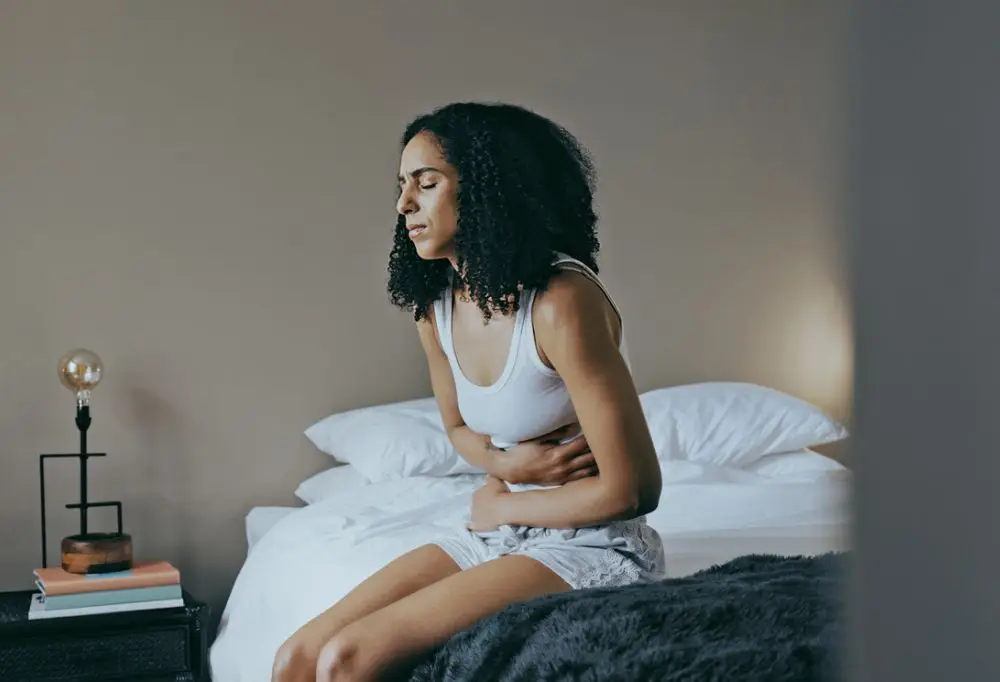Reviewed by Leigh Ann Scott, MD of Forum Health Las Colinas
Getting enough sleep is essential for your health and overall quality of life. But what happens if you come up short on your sleep? And what if that inadequate sleep starts becoming the norm or is prolonged?
Lack of Sleep Increases:
- Fatigue
- Insomnia
- Anxiety and depression
- Heart disease, including hypertension, stroke, heart attack, and death
- Dementia and Alzheimer’s
- Weight gain
- Obesity and diabetes
- Weakened immune system
- Risk of cancer
- Disasters like traffic accidents, medical error, and industrial accidents
What happens when you have inadequate sleep?
Fatigue due to sleep issues can be caused by not having enough hours of sleep (quantity), not having a regular sleep schedule (say, from 10 PM to 6 AM), and not getting enough of the deep, slow-wave (REM) dream sleep (quality).
The quality of our sleep matters almost as much as the quantity of sleep we get, so a poor mattress, noise, light, a room too warm, and other factors reduce your quality of sleep and can result in fatigue. Sixty to ninety minutes of each stage of deep sleep and REM sleep are recommended per night
Lack of sleep from not keeping a steady sleep schedule (going to bed at the same time each night and waking up at the same time every morning) disrupts the circadian rhythm and can cause insomnia. For example, when it gets dark out, your body fails to recognize the cue that darkness should make you tired, and you develop difficulty going to sleep and staying asleep.
Loss of sleep leads to a decline in hormones like serotonin, norepinephrine, and dopamine, increasing the risk of anxiety and depression. In fact, lack of sleep has been known to increase the risk of depression by up to 4 times!
The body produces too much ghrelin, the hormone that makes you hungry and suppresses leptin, the hormone that helps us feel full with inadequate sleep. A study published online in JAMA Internal Medicine in 2019 followed 43,000 women over several years, measuring their exposure to artificial light at night while they slept and the risk of obesity or weight gain. Researchers found that artificial light at night while sleeping was significantly associated with an increased risk of weight gain and obesity, especially in women who had a light or a television on in the room.
An earlier study by Dr. Eve Van Cauter, a sleep researcher at the University of Chicago, found that people who slept 6 hours or less needed 40% more insulin to control their blood sugar, increasing their risk of obesity and diabetes.
Heart disease, in general, is increased with lack of sleep, including hypertension, stroke, heart attack, and death. For example, a study in Japan showed that workers who slept fewer than 6 hours per night were 4-5 times more likely to have a heart attack.
While in a deep sleep, the brain consolidates information collected throughout the day, deciding which memories to file and which to trash. Fluid flows through crevices in the brain during sleep, filtering out toxins. Poor quality sleep and highly fragmented sleep have been directly linked to an increased risk of dementia and Alzheimer’s.
A study out of Stanford recently revealed that a single night of only sleeping 4 hours total significantly compromises your immune system (reducing the activity of the neurons in the brain with hormones and neurotransmitters, thereby reducing the number of cytokines to boost your immune system). A study in Pittsburgh found that people who sleep fewer than seven hours a night are nearly three times more likely to get a cold than those who average eight or more hours of sleep.
Shift work forces individuals to work during the night and sleep by day, altering the circadian rhythm, a natural, internal process that regulates the feeling of being asleep when it is dark and the feeling of being alert when it is light. It is a pattern that rotates about every 24 hours along with the Earth’s rotation. A disruption in circadian rhythm has been connected to breast, prostate, and colon cancer.
Inadequate sleep causes hand-eye coordination, balance, and depth perception issues, leading to traffic accidents, medical errors, and industrial disasters, like the worst nuclear accident in history in Chernobyl in 1986. This accident, found to be caused by sleep deprivation of the workers, resulted in 31 deaths, while many more are still battling cancer due to the disaster. In addition, drowsiness causes at least one million auto accidents each year, more than alcohol and drugs combined.
Could you use some of the Benefits of Good Sleep?
If you have been experiencing problems with getting good sleep and have not resolved them, a functional medicine approach may help. Our providers can help you get to the bottom of what is causing your sleep troubles and resolve these. Good sleep makes a huge difference in your health and well being and addressing this can improve your quality of life.






